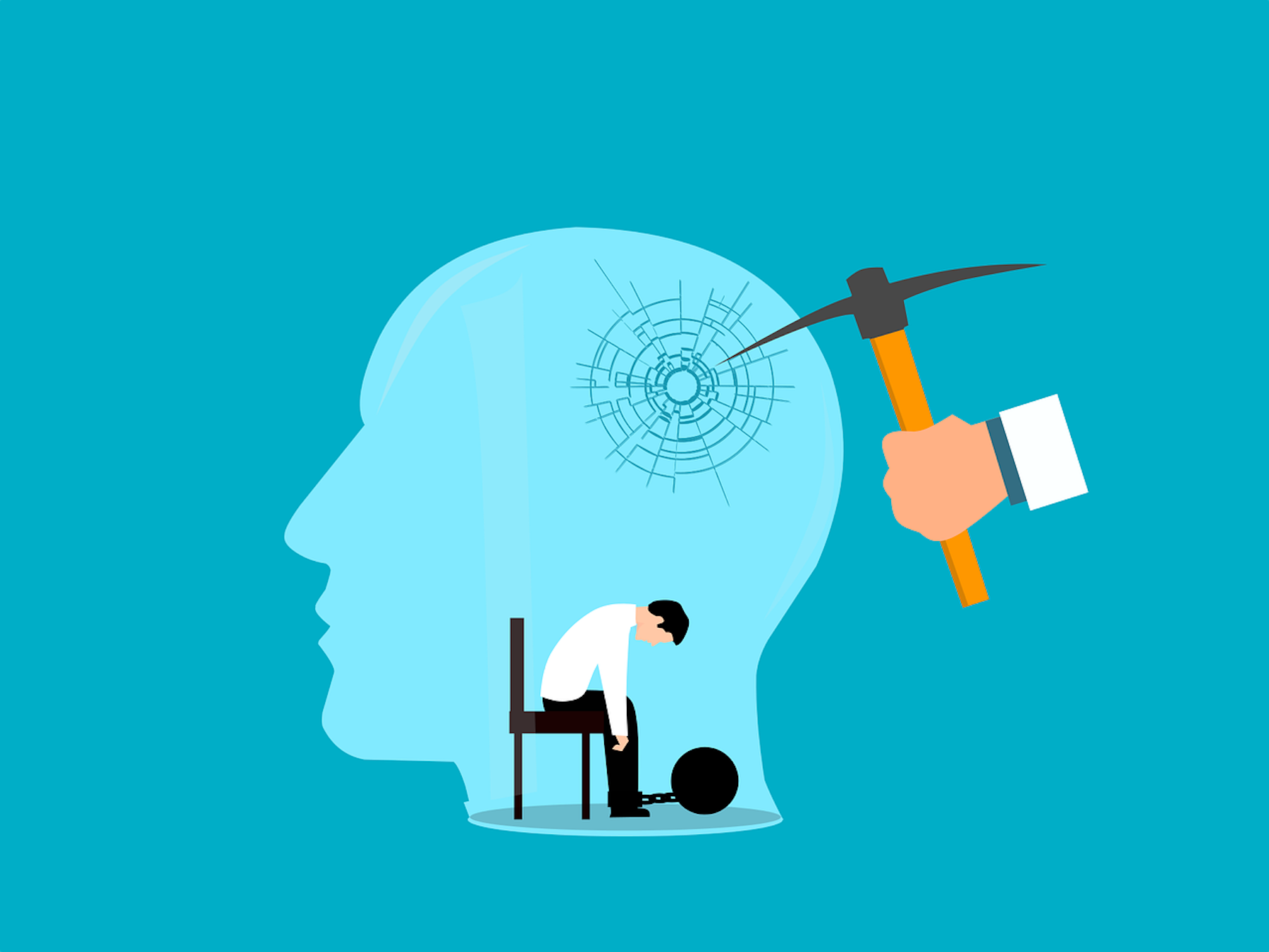Associated Builders and Contractors and the American Foundation for Suicide Prevention recently formed a partnership to address mental health and suicide prevention in the U.S. construction industry.
The partnership aims to improve the mental health of construction workers through effective suicide prevention education, intervention, and postvention strategies, as well as to encourage, equip, and empower mental health champions in the workforce, and introduce collaboration between ABC and AFSP chapters nationwide.
“Safety includes total human health—emotional, social, mental, intellectual, financial, occupational and spiritual wellness—and we must continue to raise the bar for safety for the construction workforce of more than 7.5 million,” said Greg Sizemore, ABC vice president of health, safety, environment, and workforce development, in a news release. “Our people are our greatest asset, and this partnership will take our total human health and safety practices to the next level. Going forward, this is the greatest opportunity to leverage and advance world-class safety for our people, both physically and mentally.”
The partnership will:
· Develop and disseminate education resources on mental health and suicide prevention in workplaces and find and take advantage of opportunities to engage workers.
· Support suicide prevention and postvention education in the construction workplace at all levels of the organizations’ chapters and membership.
· Participate in key events where worker safety and health, as well as safety and health practitioners’ and other professionals’ development are addressed.
· Promote and facilitate the transfer of relevant mental health and suicide prevention and postvention research and findings to practitioners and to the construction workforce.
· Share opportunities with ABC and AFSP chapters on supportive programs and events.
Related Stories
Codes and Standards | Aug 11, 2021
Decentralized approach to codes means emissions reduction responsibility falls on local officials
Efficiency advocates focusing more on local code amendments.
Codes and Standards | Aug 10, 2021
Dept. of Energy issues model energy code determinations for commercial, residential buildings
2021 IECC offers 9.4% site energy savings.
Digital Twin | Aug 9, 2021
Digital Twin Maturity white paper offers guidance on digital twin adoption
Provides lifecycle map and an approach for incorporating digital twins.
Codes and Standards | Aug 5, 2021
Contractors can be liable for building failures many years after project completion
Personal injury suits could be brought decades after substantial completion.
Codes and Standards | Aug 4, 2021
Mass timber is a natural choice for building recycling through deconstruction
Designing wood buildings to optimize recovery of materials for disassembly aids carbon sequestration.
Codes and Standards | Aug 3, 2021
Dept. of Energy releases initial version of the Spawn of EnergyPlus software
Targets new use cases in advanced controls, district systems, and grid integration.
Codes and Standards | Aug 2, 2021
Several U.S. cities among most expensive places to build in the world
San Francisco, New York, and Boston head the domestic list.
Codes and Standards | Jul 28, 2021
American Concrete Institute creates new director of innovative concrete technology post
Aim is to attract emerging technologies for development.
Codes and Standards | Jul 28, 2021
Higher ed faces infrastructure backlog of $112.3 billion
Study recommends integrated strategic planning for best results.
Codes and Standards | Jul 27, 2021
Add a wobbly moon to flooding risk factors
Earth satellite’s orbit variations will lead to sunny-day flooding in the mid-2030s.

















